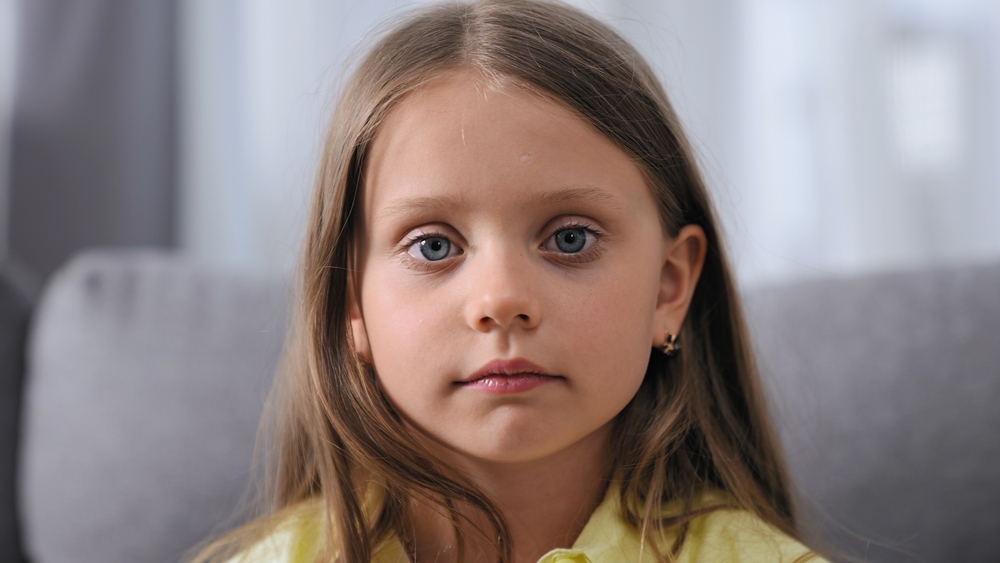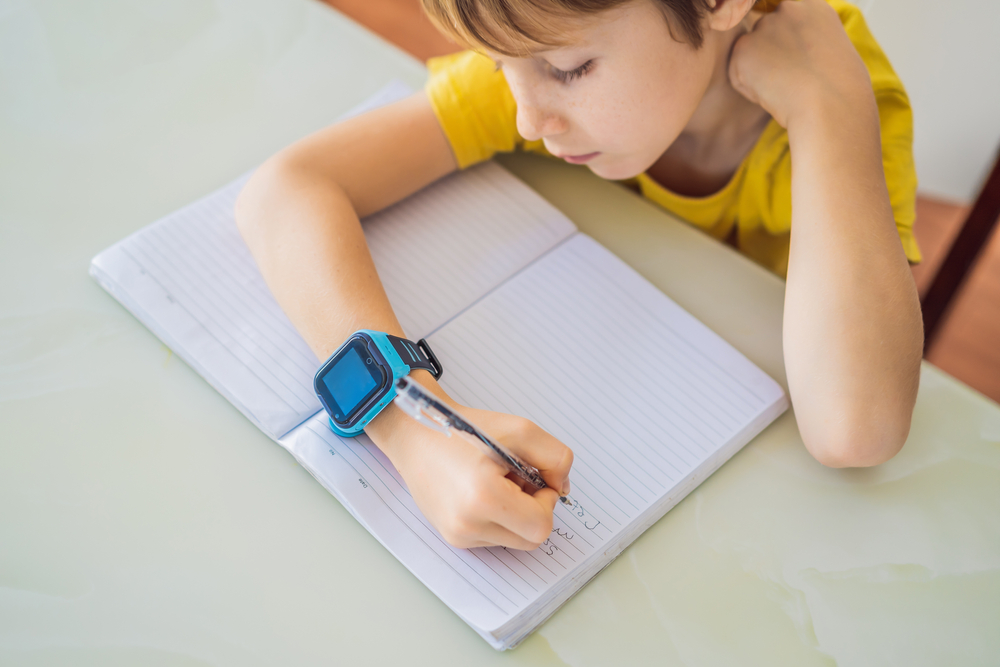Parents in 2025 are facing a new kind of challenge—protecting the mental health of their children in a world that feels more connected and yet more overwhelming than ever before. Anxiety, depression, and social stressors have become common topics at dinner tables, school meetings, and pediatric appointments. Technology, academic competition, and global uncertainty are shaping childhood in ways few adults experienced themselves. With more parents recognizing that emotional well-being is just as critical as physical health, mental health for kids has become one of the defining priorities of modern parenting.
The Growing Awareness Around Emotional Wellness
More parents are talking openly about mental health for kids than ever before, breaking down the stigma that once surrounded it. This shift comes from growing evidence that emotional struggles often start earlier than most realize. Teachers, pediatricians, and psychologists now urge families to pay attention to signs of stress or withdrawal even in elementary-aged children. What once might have been brushed off as “moodiness” is now understood as an early warning sign. By catching these issues early, parents can help their children develop coping skills and emotional literacy that last a lifetime.
1. Technology Is Reshaping Childhood Anxiety
One of the biggest drivers of concern around mental health for kids is the nonstop digital world they live in. Social media creates constant pressure to perform, compare, and stay connected. Children are exposed to unrealistic standards and negative feedback before their self-esteem has fully formed. Even educational technology can blur the line between learning and screen addiction. Parents today must find ways to balance the benefits of connectivity with the need for real-world connection, self-awareness, and rest.
2. Academic Stress Starts Younger Than Ever
Academic pressure, once reserved for teens, now affects children as young as eight or nine. Schools emphasize testing, grades, and competitive programs, often at the expense of creativity and play. Kids internalize this pressure, feeling like failure is not an option. The result is rising rates of anxiety, perfectionism, and burnout before high school even begins. Prioritizing balance over constant achievement is becoming essential for preserving mental health for kids in 2025.
3. Isolation and Loneliness After the Pandemic
While the pandemic may feel like a distant memory, its impact on kids’ mental health continues to linger. Many children missed out on key social experiences that help build confidence and empathy. Even after returning to classrooms, some still struggle to connect or manage group dynamics. Loneliness has become one of the most underestimated emotional challenges among youth today. Parents can help by encouraging safe socialization, open conversation, and shared activities that rebuild a sense of belonging.
4. Exposure to Global Issues at a Young Age
Kids today are more aware of the world than ever before. They hear about wars, climate change, and economic instability through social media and news platforms, often without context to process what they’re seeing. This awareness can create fear and helplessness, especially for sensitive children. These heavy topics add another layer to the growing concern about mental health for kids, as parents struggle to balance honesty with reassurance. Creating calm and focusing on actionable kindness—like community involvement—can help restore hope and perspective.
5. The Hidden Pressure of “Perfect Parenting”
Parents themselves are under enormous pressure, and children often absorb that stress. The rise of social media parenting advice has created unrealistic expectations around what family life should look like. Parents who constantly compare themselves to others may inadvertently model anxiety and self-criticism. This culture of perfection can spill into how children view their own worth. Prioritizing emotional presence over outward appearances is one of the most powerful ways to support mental health for kids.
6. Lack of Access to Mental Health Resources
Even as awareness grows, access to professional help remains a major hurdle. Many communities still face shortages of child therapists, long waiting lists, or high treatment costs. For some families, mental health for kids is an urgent issue without available solutions. Schools and local programs are stepping up, but systemic gaps persist. Normalizing mental health discussions at home and learning basic coping tools can provide support while families seek professional guidance.
7. Family Stress and Economic Pressures
Financial instability and work-life imbalance can quietly affect how children feel and behave. When parents are overworked or anxious about money, kids pick up on that tension. In 2025, economic uncertainty continues to be a silent contributor to stress in households nationwide. This background stress can influence everything from sleep quality to attention span. Building routines, celebrating small wins, and maintaining open communication can help children feel secure even in uncertain times.
8. The Role of Schools in Emotional Education
Schools are increasingly recognizing their role in promoting mental health for kids. Programs focused on mindfulness, emotional regulation, and empathy are being introduced into classrooms. However, implementation varies widely by district and funding level. Some parents still worry that emotional support is being overshadowed by academic goals. Advocating for comprehensive mental health education can help create healthier environments where children thrive both intellectually and emotionally.
9. Sleep Deprivation and Overstimulation
Modern children are sleeping less than previous generations, often because of late-night screen time, packed schedules, or anxiety. Chronic fatigue can intensify mood swings, depression, and difficulty concentrating. Many parents underestimate how critical rest is for emotional regulation. Protecting bedtime routines and limiting digital exposure before sleep can make a noticeable difference in behavior and attitude. Simple lifestyle changes can go a long way.
Building a Future Where Mental Health Comes First
The growing concern around mental health for kids in 2025 reflects a collective realization that emotional wellness is foundational, not optional. Parents are learning that fostering resilience, empathy, and communication is just as important as helping kids achieve academically. By prioritizing mental health at home and advocating for it in schools, families can raise a generation better equipped to handle life’s pressures. The real victory isn’t perfect behavior—it’s emotional balance, compassion, and confidence that lasts.
What steps are you taking to protect kid’s mental health in your home or community? Share your thoughts and strategies in the comments below!
What to Read Next…
What If They’re Not Fine? 4 Critical Questions To Ask Your Child’s Mental Health Professional
Behavioral Red Flags: How Kids Silently Signal They Don’t Feel Safe at Home
Warning Signs That Your Teen Might Be Struggling With Mental Health Issues
8 Health Fads Parents Are Pushing on Their Kids Without Science
Don’t Ignore This: 7 Health Symptoms That Demand Immediate Attention In Kids









